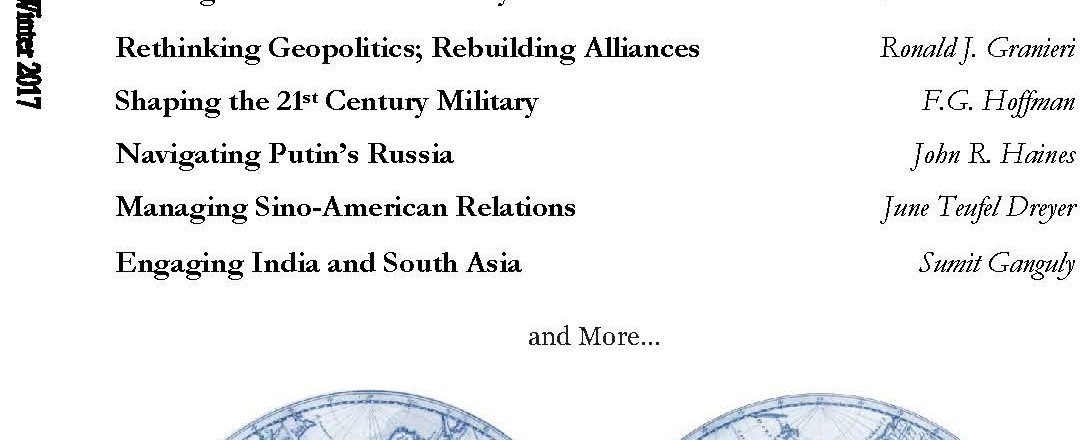A nation must think before it acts.
The post-Cold War world defined by the spread of Euro-Atlantic institutions, practices, and values across the rest of the world has come to an end. Russia’s projections of military force abroad, Western populations voting to assert national sovereignty over transnational integration, and the economic powerhouses of Asia, China and India, delivering enviable growth rates all demonstrate that a new political order is in the making.
Whether that order looks like a renewed version of the U.S.-led market-oriented liberalism, a return to nineteenth century great power politics across the entire world, or a multipolar order defined by greater assertion of state sovereignty concern the three authors under review. Each writer provides valuable insights and evidence for different visions on how the international order might develop. All three grapple with two overarching questions. First, can Brazil, Russia, India, China, and South Africa continue developing individually and jointly to justify thinking about BRICS as a valuable and effective concept, or not? Secondly, did the United States, at a crossroads between Donald Trump’s “America First” and Hillary Clinton’s “Stronger Together,” choose unilateralism with hints of interwar isolation over post-WWII internationalism?
Oliver Stuenkel, in The BRICS and the Future of the Global Order, argues that BRICS members will continue to grow individually and jointly, no matter what the United States does and that multipolarity is on its way. Pádraig Carmody, in The Rise of the BRICS in Africa, is less confident on joint development among BRICS nations, pointing towards a decline in global governance with the BRICS and identifying other actors engaging in no holds barred commercial competition in Africa. Joseph Nye evaluates the BRICS and the United States, arguing that only China and the United States have the hard power capabilities to define the world order going forward, with the United States having the potential—unrealized in recent years—to attract other states to its leadership and to revive the post-WWII liberal order.




